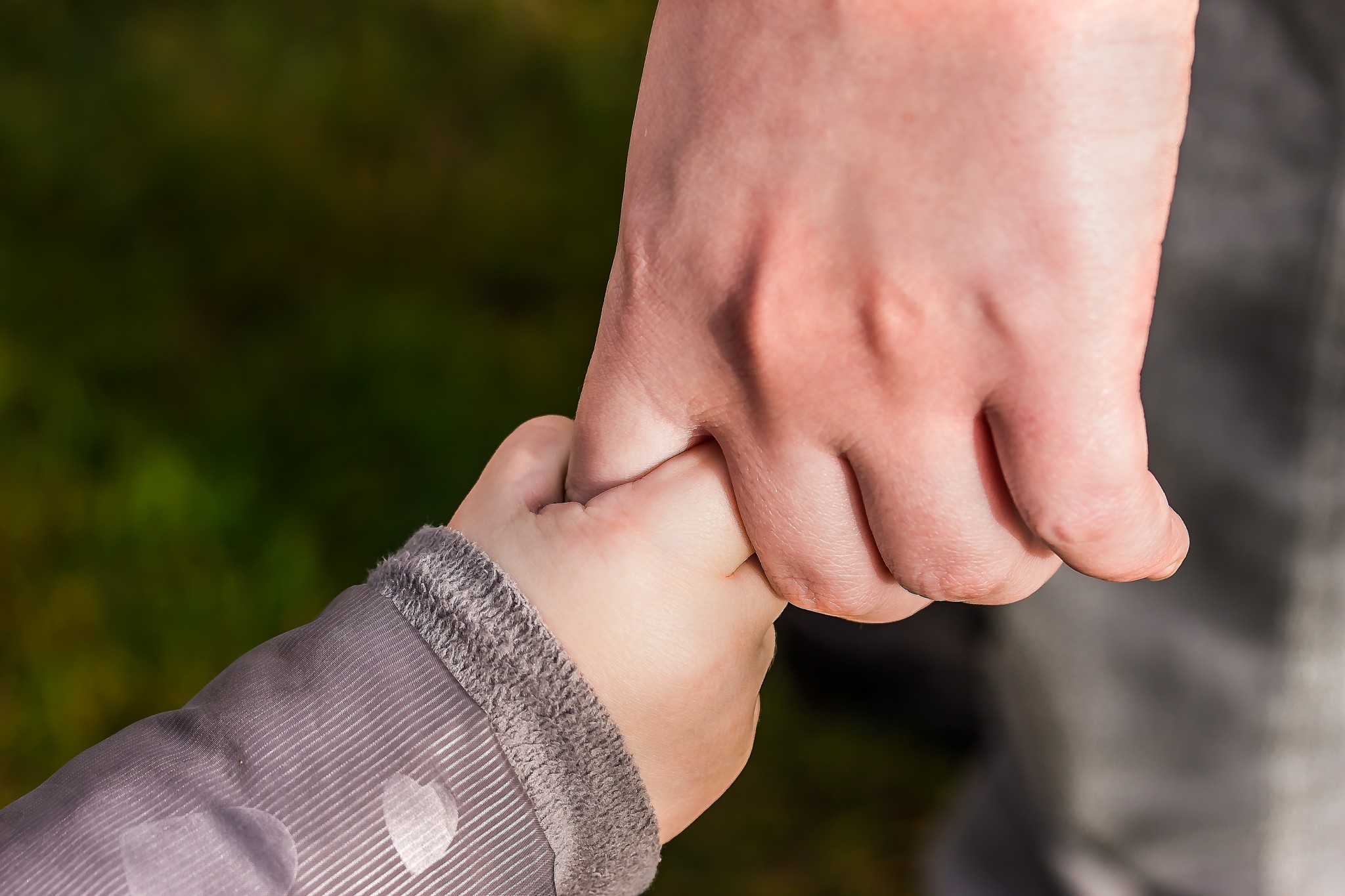Romper.com, a website geared toward millennial mothers, publishes engaging stories about child-rearing and other topics. They emphasize two things that set their platform apart from other parenting websites: 1) that they focus on women “not just as parents but as people,” and 2) that they highlight stories from mothers whose voices “don’t always get heard.” Their recent series “Now You See Us,” lives up to these claims. Writer Hillary Savoie interviewed six mothers of children with disabilities about their parenting experiences, and what they wished more people could understand about them and their children.
One of the underlying themes of these stories is extreme stress. “Mothers of children with special needs can face additional stress that comes with medical PTSD, caregiver burnout and intense concerns over their child’s future, which can exacerbate the already very real stressors of typical millennial parenthood,” writes Savoie in her introduction to the series. Savoie herself has a daughter with several rare genetic conditions.
Another common theme is feelings of frustration or sadness when seeing happy, healthy children. Amanda Smith, whose son Oscar has a mutation that causes extremely frequent seizures, developmental delays, and other issues, says, “I struggle right now with a lot of anger and resentment – which I think a lot of parents with children like Oscar feel, like when I look at kids playing outside. I think, ‘Why did this happen to my son?’ My son is alive. He is here, but I am still grieving him.”
Smith often experienced these emotions when visiting social media sites. She chose to unfollow “anybody that had a healthy kid or some semblance of a normal life.” However, she did find a way to benefit from social media. “Now my Facebook feed is just the various support groups I’m in and funny cat videos,” she says. “That helps because I just constantly seeing [sic] people talk about feeding tubes and adaptive strollers. It just made this sort of life feel that much more normal and manageable.”
Savoie writes that, “For me personally, perhaps the most frustrating experience of social media is the some of the reactions I get to posts about my child, which can be outright hurtful, but are more often naggingly troublesome. There are a handful of followers of my daughter’s Facebook page who reliably use the sad face emoticon on even the happiest photos of my daughter. It’s just another reminder that many people around special needs families do not see the complexity, strength, and beauty I see in my child.”
This treatment of children with disabilities as merely objects of pity is part of what inspired the Now You See Us series. Savoie wanted to correct this misperception with truthful, firsthand glimpses into the lives many people may know little about.


Leave a Reply
You must be logged in to post a comment.